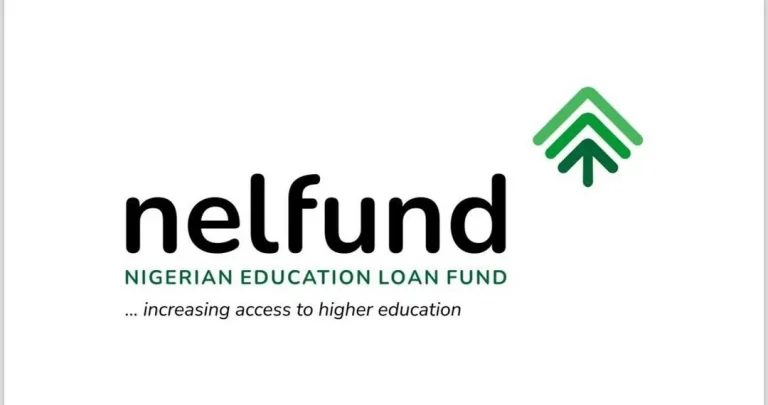Data from the Nigerian Education Loan Fund (NELFund) have revealed that only 78% of registered students successfully applied for both institutional and upkeep loans under the Student Loans (Access to Higher Education) Act, 2024.
The Act, signed into law by President Bola Tinubu on April 3, 2024, empowers NELFund to provide financial assistance to qualified Nigerian students for tuition, fees, and upkeep in approved public tertiary institutions and vocational training centers.
According to NELFund, out of 408,973 students who registered on the student loan portal, 320,837 successfully applied, leaving 88,136 registrants unable to complete their applications. A total of N33.9 billion has been disbursed as institutional fees for these successful applicants, benefiting 136 federal and state tertiary institutions nationwide.
Despite the intervention, many students continue to crowdfund for tuition online. On platforms like X (formerly Twitter), several users have sought financial help for school fees. For example, on December 5, 2024, a user solicited funds on behalf of a colleague, while in September, the Nigerian Universities Nurses Association sought assistance for nursing students at the University of Ibadan following fee hikes.
Oluwatoyin Ayodamola, Director of Programmes at Reform Education Nigeria, attributed this trend to fear and mistrust surrounding loans. “While the loan initiative is commendable, many students are hesitant about taking loans. Nigerians and loans are often like opposites, which explains why some prefer to seek help online,” Ayodamola noted.
Meanwhile, Akintunde Sawyerr, Managing Director of NELFund, has been visiting tertiary institutions to sensitize students on the benefits of the scheme, emphasizing the opportunities it provides to alleviate financial challenges during their studies.
The data highlights a mixed outcome for the loan program, reflecting both its impact on education financing and the persistent financial struggles of students.




